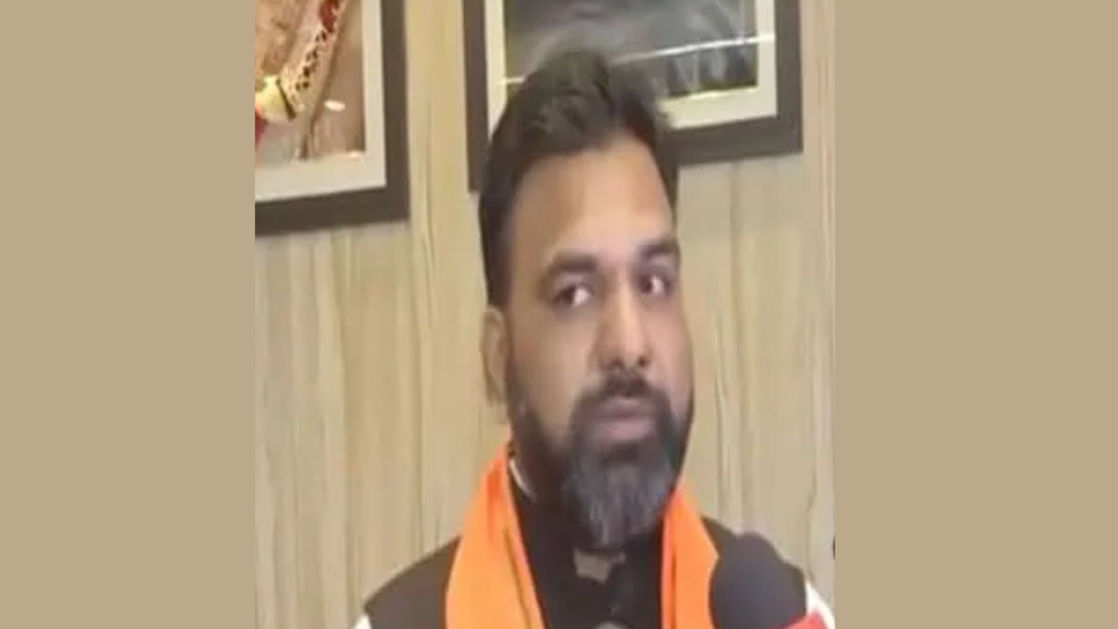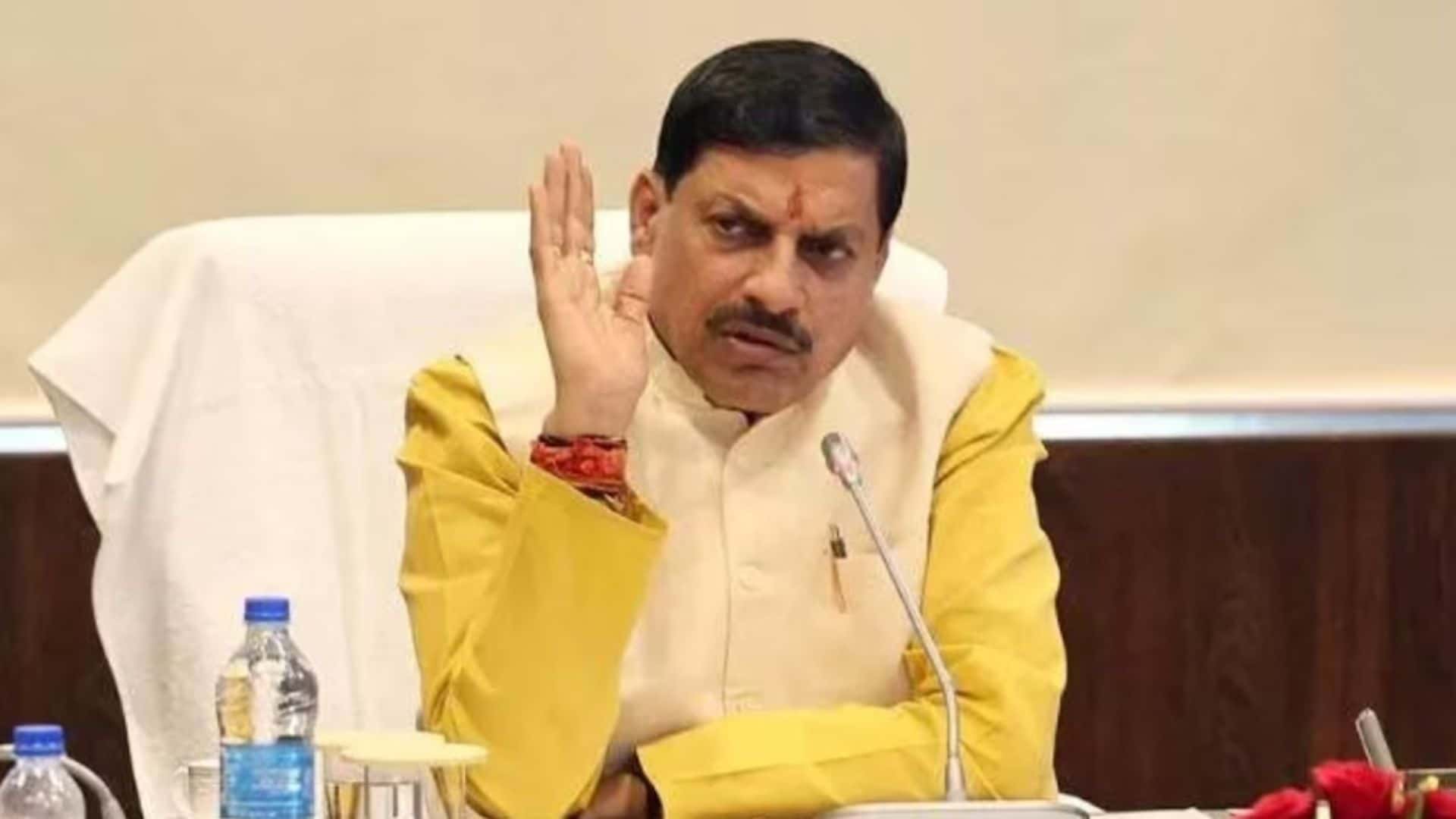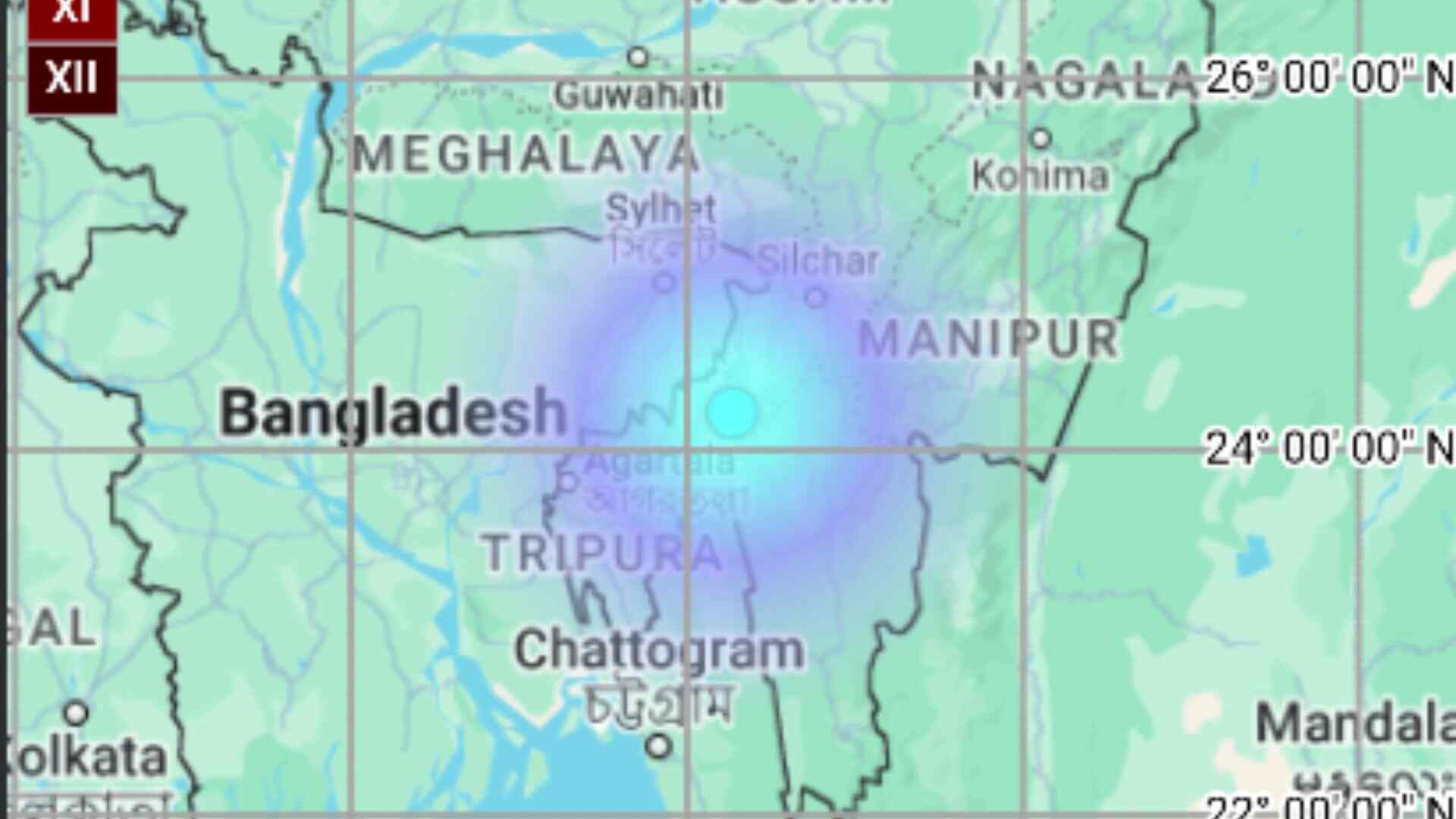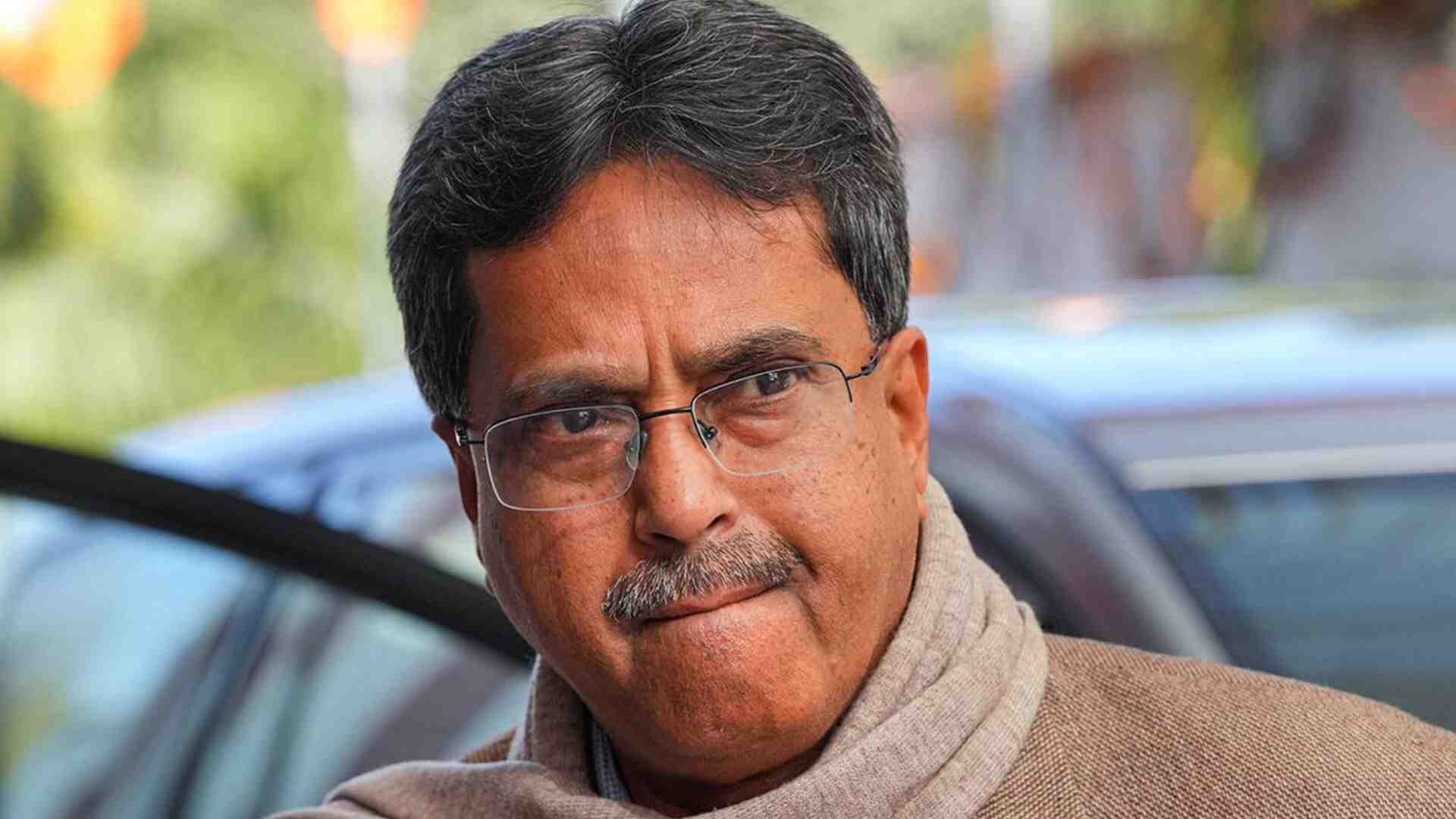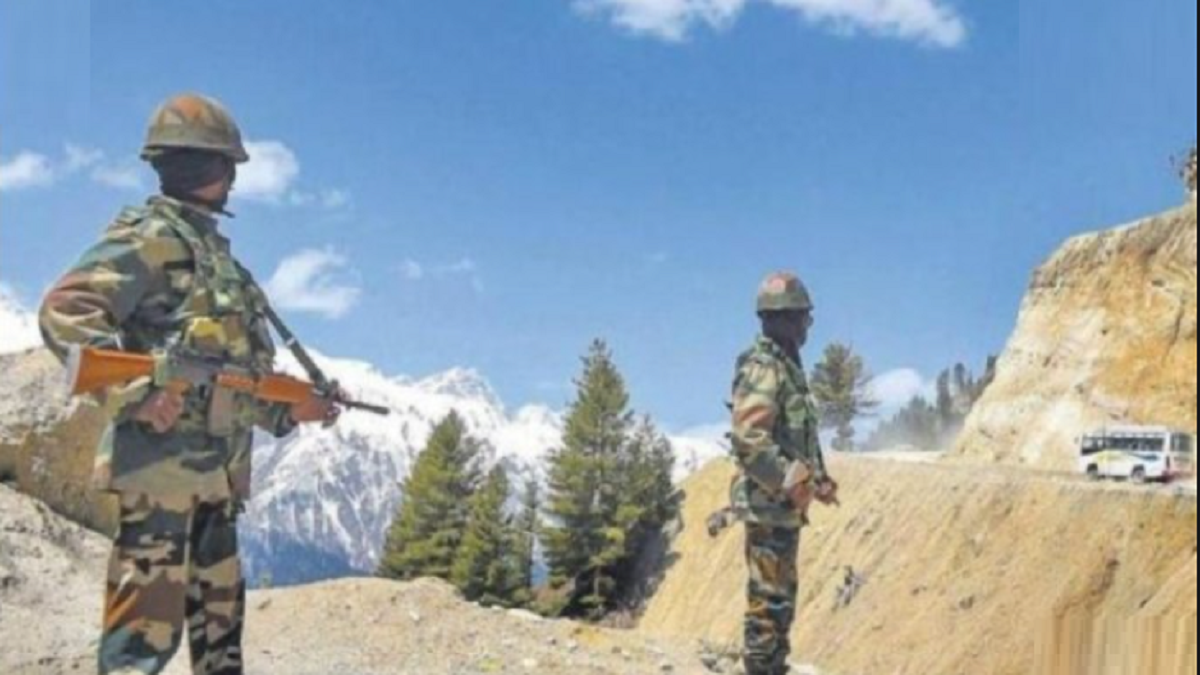
China’s double-speak continued on as it talked about peaceful resolution of the standoff in Ladakh on the one hand, and at the same time didn’t stop laying claim in the Galwan valley.
Chinese Foreign Ministry spokesman Zhao Lijian told reporters on Wednesday that both China and India “agree to resolve this matter through dialogue and consultation and make efforts to eases the situation and safeguard peace and tranquillity in the border area”.
While India has admitted that 20 of its soldiers, including a Colonel, were killed during the violent face-off in eastern Ladakh on Monday night, Zhao remained tight-lipped about the number of casualties on the Chinese side. Instead, he alleged that the clash was “provoked” by the Indian soldiers and China has lodged its strong protest with the Indian side. “We once again ask the Indian side to act on our consensus, strictly discipline its front-line troops not to cross the line, not make provocations and not to take unilateral actions that might complicate the situation,” he said.
Meanwhile, Chinese government mouthpiece Global Times quoted the Foreign Ministry as saying that “China and India are in close communication on resolving relevant issues through both diplomatic and military channels”. In reference to the killings of Indian soldiers, the Chinese Foreign Ministry said, “The incident was very clear, as it happened on the Chinese side of the Line of Actual Control (LAC) and the responsibility did not rest with China.”
Global Times, in its Wednesday editorial, also blamed India for building extensive infrastructure facilities along the border, including on the Chinese side of the LAC.
The editorial further says that the “arrogance and recklessness of the Indian side is the main reason for the consistent tensions” between the two nations. “In recent years, New Delhi has adopted a tough stance on border issues, which is mainly resulted from two misjudgements. It believes that China does not want to sour ties with India because of increasing strategic pressure from the US, therefore China lacks the will to hit back provocations from the Indian side. In addition, some Indian people mistakenly believe their country’s military is more powerful than China’s. These misperceptions affect the rationality of Indian opinion and add pressure to India’s China policy.”
